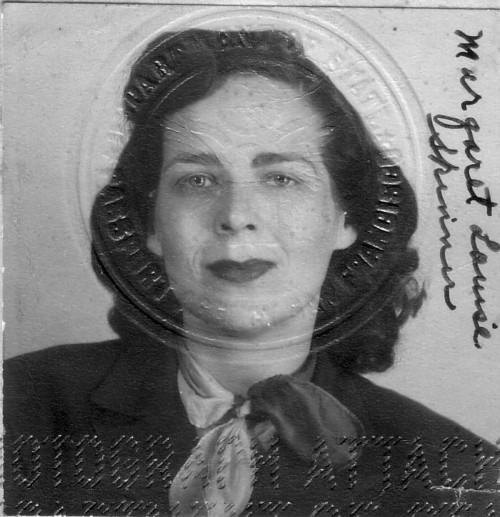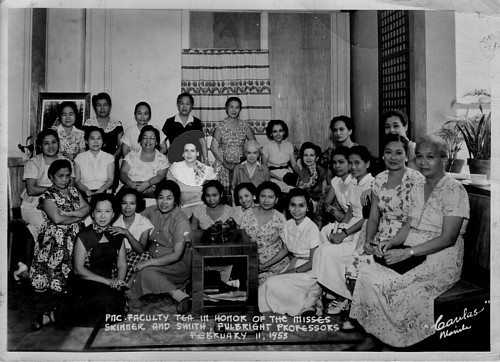Introduction
For the last few years, I find difficult to sit through most bollywood films. So, after reading all the negative reviews about this film, initially I had decided to not watch it. However, then I thought about Mani's other films, especially Yuva. I had loved them and I had loved Abhishekh in Yuva. So I decided that I had to find out for myself, how could both Mani and Abhishekh get it so completely wrong, like the reviews seemed to suggest?
Ravan - Film's Storyline
The film starts with a mix of shots introducing the three main characters - (1) the good-looking and no-nonsense policeman Dev (Vikram) giving a speech in a military academy; (2) the policeman's beautiful wife (Aishwarya) on a boat; and (3) the outlaw Beera (Abhishekh) who kidnaps the policeman's wife.The Archetypal Cops-Revenge Stories
(1) Poor ordinary man and the corrupt cop story: The poor good guy is the hero and corrupt power-mad cop is the villain. The villain kidnaps and rapes the good guy’s sister/wife or kills his brother/father/friend and the good guy takes up arms for revenge. At the end of the film, the villain cop is thrashed, jailed or killed.
(2) The honest cop and cruel outlaw story: An honest cop is the good guy. Somehow he manages to irritate the mafia don. For revenge the don decides to teach the policeman a lesson and kills his family or kidnaps his wife/sister and rapes her. The honest police officer, goes after the don and in the end, kills him.
Mani takes these two kinds of stories and mixes them up. The film starts as the type 2 story, that is “honest cop versus cruel outlaw” story, with kidnapping of honest cop’s (Vikram) wife (Aishwarya) by the cruel outlaw (Abhishekh). Almost halfway through the film, you realise that actually it is type 1 story, a “poor ordinary man and the corrupt power-hungry cop” story.
Right and the Wrong - Who is a Hero? A VIllain?
Ratnam’s question to the viewers seems to be - are you sure that you are supporting the right and the just side or you are letting your inherent human biases guide your feelings for the wrong side? I think that this question is very topical if you think of some issue of contemporary India like big dams, exploitation of tribals, beneficiaries of economic development, etc. It seems that if you have nice names like Vedanta or if you can use nice words like development and "India the new super-power", you can get away with exploitation, destroying the homelands of rural poor and tribals and worse.Comments About the Film
Tribals in the film are not the cute bum-shaking, singing and dancing villagers of Bollywood, they have mud, ash or yellow paste of haldi streaked on their faces. Their clothes have black streaks, their eyes are circled with black, to make you think of devil or Shiva’s Yam-doots.The other guy (Vikram) is macho, good looking, educated, apparently in love with his beautiful wife, a regular city guy, a hero material. His wife is cute, does lovely dances, and they are surrounded by cute small children. His name is Dev, and there are different indications that he is like Ram from Ramayana. His relationship with his younger brother (Nikhil Diwedi) reminds you of Ram-Lakshman relationship. If you still had any doubts, there is Sanjeevani (Govinda), the forest guard who makes you think of Hanuman from the way he climbs on the top of roof-tops and swings from one tree to another.
Ratnam plays dirty, events unfold in such a way that every time you can feel a twinge of sympathy for the poor Beera, the director makes sure that you feel a little repulsed about him, by playing with the prejudices of urban film goers about rural unkempt, mentally ill, black and ugly uneducated persons.
It is only at the end that you understand the way the policeman manipulates everything cold bloodedly, uses even his wife and her emotions, to get his own way. He does not hesitate from trapping and killing Beera, even while he knows that Beera has been good to his wife and has even spared/saved his own life.
I think that Abhishekh is brilliant and courageous for accepting to come out so strongly in being repulsive and crazy. Actually I liked everyone in the film, except may be for Aishwarya Rai. She does try hard enough, but she does not create electricity with Abhishekh, their vibes are not hot. I would have preferred someone more earthy and intense like Rani Mukherjee, the way she had portrayed Sashi in Yuva. Or Nandita Das or Konkana Sen. Aishwarya looks beautiful, but she vibes better with Vikram, like in the dancing song, “Khili re”. And she doesn’t fit with the wild jungle and thumping waterfall even if it is photographed beautifully.
The weak points about characterization of Beera (Abhishekh) are his hands, his legs, his teeth. His fingers seem too well kept, clean and manicured, and his teeth too white for being the tribal oulaw. I also felt that Mani went a little overboard in asking for his repulsive makeup. Like, in the dance “Thok de killi” with blacks streaking his clothes and around his eyes, looked too theatrical and obvious.
Some parts of the film, like the whole sequence at the end, with Ragini (Aishwarya) getting down from the train, coming to look for Beera, their meeting at the cliff top and their getting surrounded by police, seem very implausible. However, looking for that kind of logic does not help in appreciating the film. In any case, I think that the film was not about logic or believability of the story, but about archetypes of good and bad in Indian unconsciousness, and using them to raise questions about our inner prejudices.
Think of Yuva, by no stretch of imagination, you can call Lallan played by Abhishekh, a good person, yet in Yuva you can understand his compulsions and even identify with him. In Ravan, Beera is a much better character compared to Lallan, yet Mani does not let you feel any empathy for him. That required courage or may be it was foolishness?














